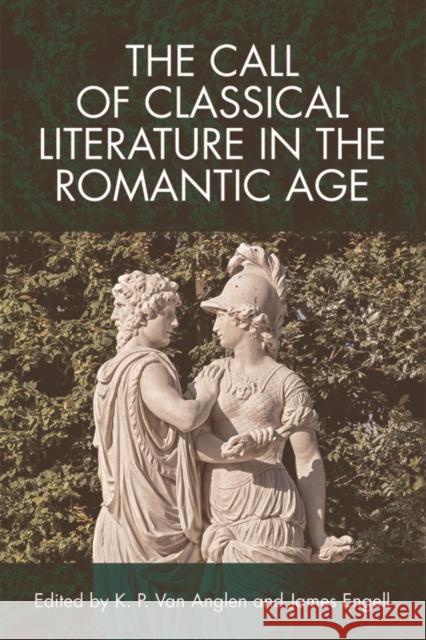The Call of Classical Literature in the Romantic Age » książka
topmenu
The Call of Classical Literature in the Romantic Age
ISBN-13: 9781474429658 / Angielski / Miękka / 2019 / 432 str.
The Call of Classical Literature in the Romantic Age
ISBN-13: 9781474429658 / Angielski / Miękka / 2019 / 432 str.
cena 166,48
(netto: 158,55 VAT: 5%)
Najniższa cena z 30 dni: 151,07
(netto: 158,55 VAT: 5%)
Najniższa cena z 30 dni: 151,07
Termin realizacji zamówienia:
ok. 22 dni roboczych.
ok. 22 dni roboczych.
Darmowa dostawa!
Kategorie:
Kategorie BISAC:
Wydawca:
Edinburgh University Press
Język:
Angielski
ISBN-13:
9781474429658
Rok wydania:
2019
Ilość stron:
432
Waga:
0.61 kg
Wymiary:
22.86 x 15.24 x 2.54
Oprawa:
Miękka
Wolumenów:
01











